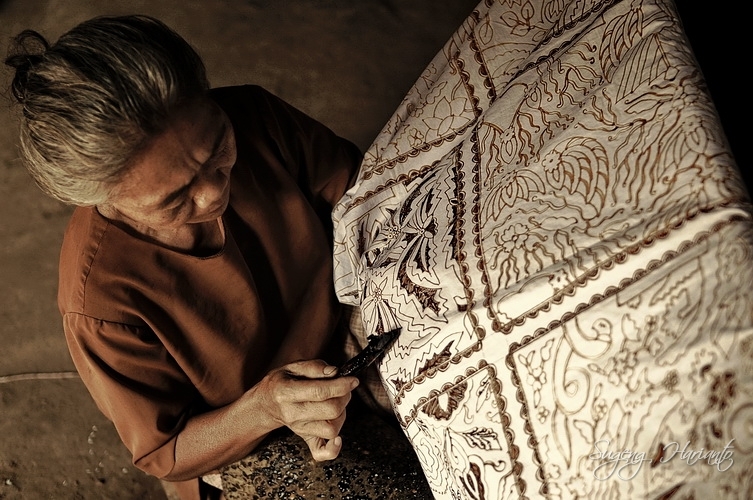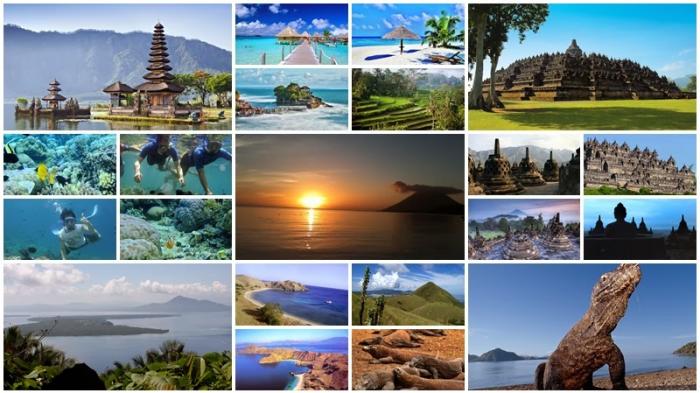FC IMD helps your organisation entering the growing Indonesian market by assembling the right partners with the right experience that will match your need. We facilitate the contact, explore and analyse the market as well as promoting your product to seize new opportunities. We accompany you achieving your goals in this emerging country of 255 million people, the world’s fourth largest middle class with 17.3 million. We help connect your offer with the strong demand of both public and private sectors. go to website.
Indonesia : The next world’s leading textile producers
China was a main producer of textile and textile product in the world, however since 2009 Indonesia started to rise as a new competitor, some economist has predicted that Indonesia could be the world leader of textile producer. In 2011, investment realization has reached to IDR 2.4 trillion while five years later it grows to 7,5 trillion in the same year the national income from textile reached USD 11,9 million. The challenge for Indonesian textile industry is that most of the garment industries in Indonesia are still using an old machines, whereas the Leading country like China is upgrading their technologies in all of the sector including textile. Nevertheless, the country has the bright future for its textile industry thanks to the new free trade agreement with European Union that will be applied in 2018.
Indonesian Tourism is Much More than Only Bali
Indonesian tourism is developing since 2009 when it became the third contributor of the foreign exchange revenues. The vast archipelago has much to offer; from natural landscape, historical heritage, hospitality to cultural diversity spread in 17.500 islands. Nevertheless, for longtime, the Indonesian tourism was only focus in Bali as the number one destination in the country. As a comparison, Indonesia is rank the 50th of the tourist destination in 2015 whereas Bali is Rank the 2nd of the best destination island in the same year. Therefore, the current government would like to intensify the promotion of Indonesian tourism through a program called Wonderful Indonesia with 10 new prioritized destinations excluding Bali. By 2019, the Indonesian government wants reach 8 percent of GDP from tourism and the number of visitors needs to double to about 20 million compare to 9.73 million in 2015.
Business and Investment Progress in Indonesia
Indonesia with its 260 millions people yet potential market is a perfect place to do business. However, it is not the easiest place to start it. Last year the World bank ranked Indonesia in 91 place for Doing Business Index. The biggest obstacle to pursue business in the biggest archipelago is due to the administration issues, particularly to attain all of the business licences and permits. Although the great will of the President to reform the administration of the country, nevertheless the reality of today is unsatisfying. Thus, it is still necessary to have an excellent network with business actors and government, moreover for the foreign actor. Despite these actual difficulties, it clearly does not discourage the flow of foreign investment to Indonesia that increased 13,2 % from 2016. Therefore, the government of Indonesia would endorse the foreign investment by simplification to deregulation.
The Impact of Maritime Policy of Jokowi
The radical change of Indonesian economy under Jokowi’s government is due to his priority for making Indonesia a global maritime power. This transformation from agriculture to maritime base on the biggest archipelago potentials. For instance, The strait of Malacca only carrying about 40 percent of the world’s trade, more than 50,000 merchant ships ply the waterway every year. First step taken by the government is to maximize the maritime security. Secondly, one of the key objective of Jokowi is enhancing inter-island connectivity and upgrading port infrastructure within the Indonesian archipelago, which encompasses thousands of islands and spans almost 6 million square kilometers. Many of these islands remain unconnected which means that those islands obliged to be self-sufficient economies, not contributing to or benefitting from national economic production and distribution processes. Thus, this policy has a great impact to Indonesian economy.




